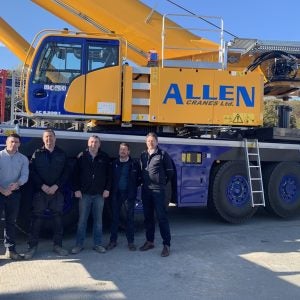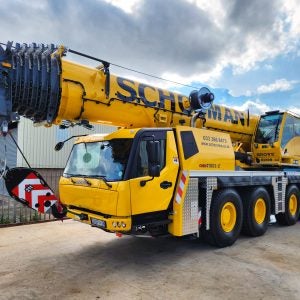In the USA the National Commission for the Certification of Crane Operators (NCCCO) has received the support of the Associated General Contractors of America (AGC).
AGC has signed an agreement recognising the NCCCO’s written and practical exams as a means of documenting the qualifications criteria outlined in the American National Standard for mobile and locomotive cranes, ASME B30.5.
AGC has also agreed that instructors on its St Paul Professional Crane Operators Training Program must pass all NCCCO written examinations.
‘AGC and NCCCO are both strongly committed to developing a working relationship that results in the safe and efficient operation of cranes,’ said AGC president Robert Desjardins.
The Associated General Contractors of America (AGC) is the largest and oldest national construction trade association, founded in 1918. It represents more than 33,000 firms.
CCO is now recognised by AGC, the Association of Union Contractors, the Department of Defense, the Occupational Safety & Health Administration, the Specialized Carriers & Rigging Association and the Steel Erectors Association of America.
Support also continues to grow among the crane rental houses. The USA’s largest crane hire company, Maxim Crane Works, said that by the end of 2002 every full time employee will have to be CCO certified if he or she is to operate a crane. Maxim employs about 2,500 operators.
Bechtel is also mandating CCO, said NCCCO executive director Graham Brent.
The National Commission for the Certification of Crane Operators (CCO) was formed in January 1995 to develop effective performance standards for safe crane operation to assist all segments of general industry and construction. Since CCO began testing in April 1996, more than 16,000 crane operators have been tested through over 700 separate test administrations conducted in 46 states. The CCO crane operator certification program is the only program to be recognized by federal OSHA as meeting OSHA and ASME (ANSI) requirements for crane operator competency.






